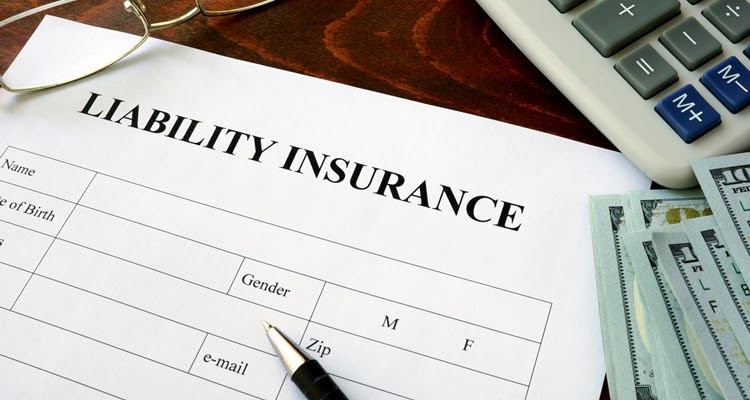In order to become a licensed contractor, not only will you need to fulfill your state’s training and educational requirements, but you’ll also likely have to purchase liability insurance. Nearly every state requires some type of general liability insurance for contractors — some states even additionally require you to have contractor bonds — before they can begin work. This is what is meant by “bonded and insured,” a common requirement of clients seeking bids for a project. Liability insurance is incredibly important for contractors — especially for independent contractors — protect your business, your customers, and yourself.
What Does General Liability Insurance Mean?
The term “liability” refers to financial protection through third parties. Therefore, general liability insurance ensures that the contractor, the client, and any third-person parties on your site are protected from any accidents that might occur. It’s important to note that your employees and any equipment owned by your business are not covered under general liability insurance. Employees are covered by worker’s compensation insurance, while business equipment and property are typically covered by a Business Owner’s Plan. One or both of these types of insurance may also be required by your state or city ordinances.
Generally, when you apply for your contractor license, and sometimes when you apply to submit a bid for a project, you will be asked for a certificate of insurance, which shows that you have active coverage, including the amount and types.
What Does General Liability Insurance Cover?
General liability insurance for contractors covers several types of incidents that may occur on your worksite or during your active project.
Injury
This is one of the main reasons that general contractors liability insurance exists. If someone gets hurt on-site during working hours, liability insurance can cover any medical fees associated with the injury. Liability insurance can also protect contractors from lawsuits that may be filed as the result of an injury, which is not uncommon. Being protected against these types of lawsuits may not only save you thousands in legal fees, but can also save your business’s reputation, which can directly affect your ability to book work.
Advertising
The claim that occurs here, more often than not, is that you or your business stole, duplicated, or used another businesses’ marketing tactics — including physical or online advertisements — to benefit your own advertising campaign. Liability Insurance can cover these claims, as well as your business’s reputation. If someone does file a suit with the claims above looking for compensation, your liability insurance will cover the compensation. If a suit is filed seeking another type of reparation, your general liability policy may not cover it.
Property Damage
When it comes to construction, especially on private residences, claims of property damage are fairly common. Your liability insurance will cover any costs associated with claims of property damage, including repair or replacement of said property. Your liability insurance may also cover costs associated with not being able to use the building being worked on, such as residents having to stay in a hotel, if this type of claim is filed.
Completed Projects
This is exactly what it sounds like. Your liability insurance still covers things that happen after a project or job is already finished. For example, if a handrail comes loose and causes an injury to someone, your company could very well be held liable for claims of property damage, personal injury, or both. Depending on your policy amount, your liability insurance may cover all damage, medical bills, and legal fees, which can expedite settling the matter.
How Do You Get Liability Insurance?
Most insurance companies that offer business coverage will have general liability insurance for contractors available. In many cases, you can even apply for and manage your liability insurance policy completely online. The size and scope of your business will factor into your policy specifics, such as the amount of coverage for each type of incident listed above and monthly premium.
Additionally Insured Liability Insurance
If you’re being contracted by a large business or corporation, you may be eligible for additional coverage under the business’s pre-existing liability insurance policy. This can be a cheaper and quicker way to get liability insurance. However, if you are using another business’s liability insurance, remember that all claims will be filed through the business you’re working for, not your contracting business. If you are additionally insured, make sure you review the liability policy carefully, so that you’re aware of what coverage you have and how it might affect you and your employees while working.
Insurance Pricing
Actual premiums for liability insurance vary widely between locations, and may be dependent on a variety of individual factors. One of the most important pricing variables is the total amount of coverage your business needs. Just as with auto insurance, you will pay a higher premium in order to be insured for a higher total amount, and different insurance packages may come with different perks, deductibles, and other features.
Your insurance premium may also change depending on your insurance company, the size of your business, your claims history, and your business credit score.

